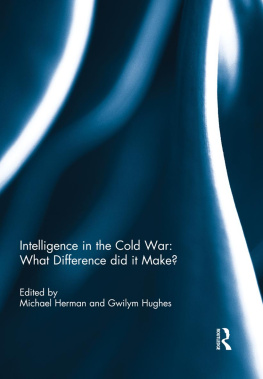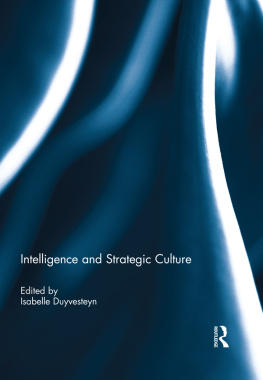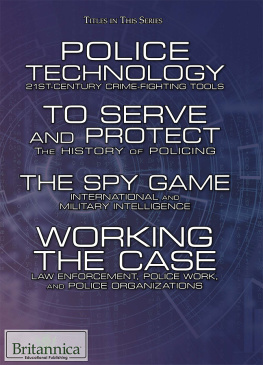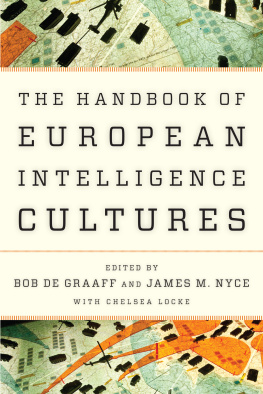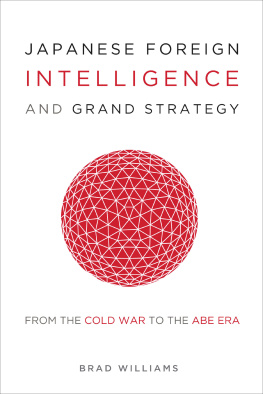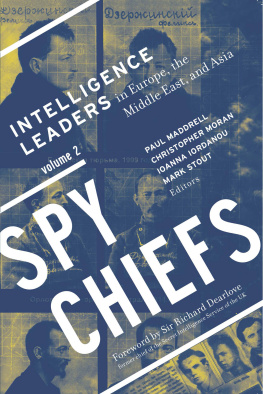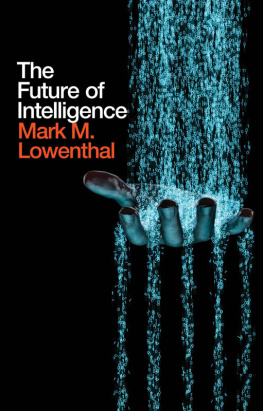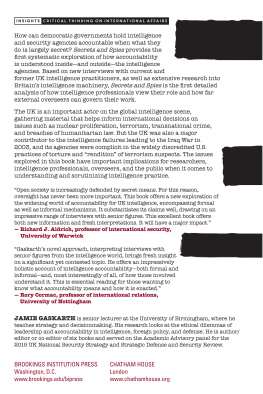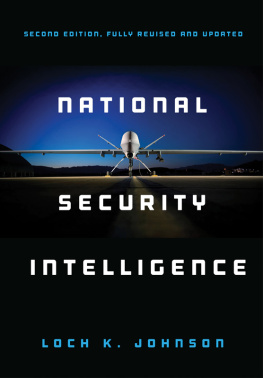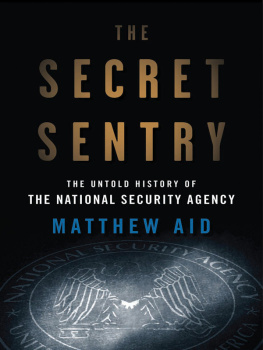VIKRAM SOOD
THE UNENDING GAME
A Former R&AW Chiefs Insights into Espionage
Contents
To
my father, who taught me the right values,
and Gary Saxena, who moulded me
A king shall have his agents in the courts of the enemy,
the ally, the middle and the neutral kings to spy on
the kings as well as eighteen types of high officials
Kautilyas Arthashastra
Prologue
WAR IS HELL. SPYING IS MUCH, MUCH WORSE. WARS YOU CAN WIN. BUT IN ESPIONAGE THERE ARE NO WINNERS BECAUSE IT NEVER ENDS Intel Wars: The Secret History of the Fight against Terror , Matthew Aid
Caf du Trocadero, Paris, November 1978
Forget chasing the plutonium route. Uranium is the real McCoy, he said to the other man. The two had met for coffee that Sunday morning and then drifted away together towards Avenue Poincar to their cars. As one of them unlocked his car, the other slipped him an envelope.
It had taken years of a furious hunt all over Europe to lay hands on any evidence of Pakistans pursuit of nuclearization as the agile Pakistanis moved from Germany to the Netherlands, then to Belgium, France, Switzerland and the UK, shopping for bomb-making equipment. The envelope contained a document that clearly indicated that Pakistan had obtained twenty high-frequency inverters essential for enriching uranium. The first order had been placed through a West German firmTeam Industries. Siddique Ahmed Butt of the Pakistan Embassy had contacted Ernest Piffl, the owner, in 1977 saying that the inverters were required for a textile plant. Piffl placed the order via Weargate, a front company in the UK. Weargate, in turn, placed the order with a subsidiary of Emerson Industrial Controls, a British subsidiary of the US giant Emerson Electricals. The inverters were shipped to Special Works Organization in Rawalpindi in August 1978. The supplies were clearly meant for the Pakistani Army, which was by then in charge of Project 706, initiated by the now-imprisoned Zulfiqar Ali Bhutto. Project 706 was the code name for the countrys clandestine nuclear programme.
A hunt that began six years ago was now beginning to show results. Unearthing Pakistans nuclear programme was one of the toughest challenges faced by the Research and Analysis Wing (R&AW) in its initial years.
Dhaka, 16 December 1971
General A.A.K. Niazi, who was commanding Pakistans forces in what was till then East Pakistan, surrendered to Lieutenant General J.S. Aurora. All of India celebrated. The nation of Bangladesh came into being. It was a proud moment for the armed forces and for all those who fought that warBangladeshi and Indian alike. Some of the tar of Indias defeat in the 1962 Sino-Indian War was washed away. Pakistan had been taught yet another lesson, soon after 1965, and it was hoped that it would settle into the changed geopolitics of the subcontinent, with its Two-Nation Theory drowned in the bloody aftermath of the Dhaka uprising.
Eternal peace was now at hand, some naively thought.
The R&AW had plenty to celebrate too, after its significant contribution to a major success so soon after its creation in 1968. But there were no victory parades, and no one would light a lamp for the unknown agents, their handlers and their supervisors who had helped in the war. Honours and quiet citations would come later, wrapped in the usual cloaks. For most, that was enough. They had stories to tell their grandchildren. Many in the organization did not even know if the R&AW was involved in the Bangladesh Liberation Struggle, such was the level of restrictive security in those early days.
For Rameshwar Nath Kao, the man who led the R&AW to this fabulous success, and his close advisers, it was business as usual. They had other worries, other peaks to conquer, other battles to win. Soon enough, every station brief of the R&AW would have Pakistans nuclear plans as the first item of interest.
Multan, 20 January 1972
Barely five weeks after the Dhaka surrender and one month after he took over as President of Pakistan, Zulfiqar Bhutto called for a secret meeting under a grand shamiana in Multan. An estimated 400 people were present, including some foreigners. Originally scheduled to be held in Quetta, the venue of the meeting had to be changed because of the rebellious Baloch. Typical of the feudal showman that Bhutto was, everything had to be done in style, even when it was an occasion to ask his nuclear scientists, advisers and supporters, How soon can I have the Bomb?
Five years, some promised. Too late, Bhutto would say with a snigger. Till one eager young scientist claimed it could be done in three years. Satisfied, Bhutto took off for Libya to meet his new friend Muammar Qaddafi and cajole him for funds for the Bomb. Bhutto also visited a dozen West Asian countries, including Iran and Saudi Arabia, as well as Egypt, where he played the Islamic card. Obviously, he was preparing for a future where he would be the leader of Pakistan, which in turn would be the leader of the Muslim world, with its own nuclear bomb.
Those who were opposed to the nuclear weapon or supported it only reluctantly, like physicist Abdus Salam and bureaucrat Ishrat Usmani, were sidelined. Salam later had to flee to the UK because he was an Ahmadiya and Bhutto had a law passed that declared the community un-Islamic. Usmani was replaced by Munir Ahmed Khan, who would later be replaced by Abdul Qadeer Khan, Bhuttos favourite. At that stage, Bhutto seemed to be preparing for a 1000-year war with India, even if his people had to eat grass to finance the quest for the Islamic Bomb. As India basked in its victory, Bhutto was preparing for the next round.
Bhutto had become an item of immediate and abiding intelligence interest soon after the 1971 war. His ambitions and unscrupulous political deftness were well known. Somewhat precocious and considerably arrogant, Bhutto had become Pakistans youngest cabinet minister when barely thirty years old, as the minister of commerce in President Iskander Mirzas government in 1958, just before the Ayub Khan coup dtat. Two years later, he was made the minister for water and power, communications and industry. Bhutto aided his President in negotiating the Indus Waters Treaty in 1960 and the next year negotiated an oil exploration agreement with the Soviet Union which would provide economic and technical aid to Pakistan. Bhutto also inveigled himself into Ayubs inner coterie and became his confidant and adviser as the foreign minister in 1963.
In March that year, Bhutto signed the Sino-Pak Frontier Agreement that gifted 750 square kilometres of Pakistan-Occupied Kashmir (POK) to China. This was soon after the 1962 Sino-Indian War and it was clear that Bhuttos mind was working in a particular direction which his military bosses either did not understand or did not care about. It was Bhutto who advised Ayub to launch Operation Gibraltar against India to liberate Kashmir with the help of Pakistani irregulars, backed by the Pakistani Army. This ended in a fiasco for Pakistan but Bhutto, ever nimble-footed, ejected himself from the Ayub camp, resigned after the Tashkent Declaration of 1966, and formed his own political party, the Pakistan Peoples Party. Obviously, Bhutto was going places and would remain under the close scrutiny of intelligence agencies.


